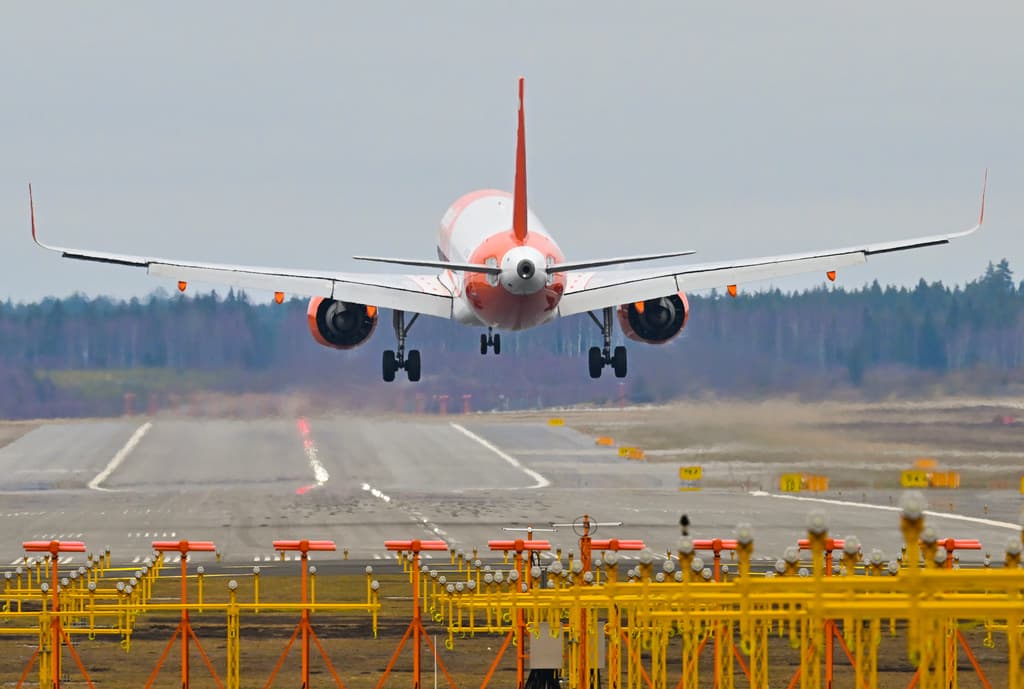The Government wants to halve air travel tax, but the proposal receives criticism.
Scrap it altogether, says the business community.
Keep it, at least on long-haul flights, say several other consultative bodies.
On Monday, the consultation period for the Government's proposal to halve air travel tax at the turn of the year expires. This means that the tax on a trip within Europe will be reduced to 39 kronor per person, while slightly longer trips to Egypt or the USA will incur a tax of 162 kronor. On genuine long-haul flights, the tax will be reduced to 529 kronor.
The air travel tax was introduced in 2018 and was motivated by climate reasons. Aviation must pay for a larger share of its emissions and break the rising emissions curve.
Now that it is to be halved, the purpose is primarily to increase competitiveness, not least for the aviation sector, which has not fully recovered from the pandemic.
The need for a national tax has also decreased, the Government believes, since aviation will soon be better covered by the EU's emissions trading system.
However, several consultative bodies protest against both arguments.
Should be increased
The Environmental Protection Agency notes that emissions will increase when the tax is reduced, which it considers a step in the wrong direction – in fact, the tax should be increased.
Regarding competitiveness, the agency tartly remarks that the tax affects all airlines taking off from Swedish soil – Swedish companies are not particularly affected.
And, just like the Energy Agency, the Transport Analysis Agency, and several other consultative bodies, the Environmental Protection Agency points out that the stricter EU regulations only apply to flights within Europe, and that long-haul flights will therefore be unfairly favoured when the tax is reduced.
The EU regulations do not address the problem of high-altitude emissions either.
In fact, the EU system covers less than half of Swedes' air travel emissions, notes a group of researchers from Chalmers, the School of Business, Economics and Law at the University of Gothenburg, KTH, and the Swedish University of Agricultural Sciences.
The argument that companies can choose to fly from other Nordic countries due to the tax does not hold either, note several. Many EU countries have air travel tax now, with Denmark being the latest example.
Scrap altogether
Others believe that the Government should scrap the tax altogether. This includes the Confederation of Swedish Enterprise and the aviation industry itself.
The Confederation of Swedish Enterprise calls it a dysfunctionally designed environmental tax that should never have been introduced. Even the National Institute of Economic Research (KI) believes the tax is bluntly designed, but sees a point in keeping it on longer flights.
The reason the Government does not want to abolish the tax altogether now is that it generates revenue. The halving will reduce tax revenues by around 900 million kronor per year.






